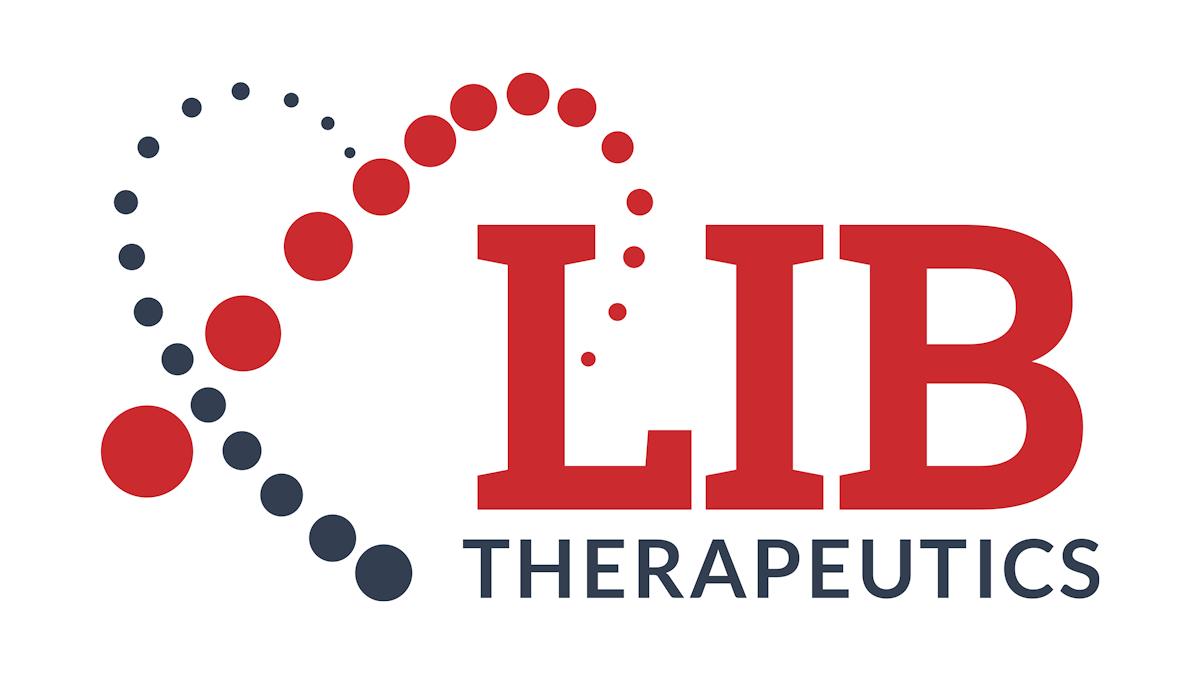AstraZeneca throws its hat into the oral PCSK9 ring

AstraZeneca has reported the first clinical data with its oral PCSK9 inhibitor AZD0780, which it hopes could offer an alternative to current injectable drugs used to lower cholesterol.
The new data – from a phase 1 trial reported at the European Atherosclerosis Society (EAS) congress this week – shows that AZD0780 achieved a 52% reduction in LDL cholesterol levels when added to standard statin therapy in treatment-naive participants with high cholesterol (hypercholesterolaemia).
AZ is now planning to move ahead with a phase 2 programme for its drug, although there’s no doubt it is playing catch-up in the oral PCSK9 inhibitor category with MSD – known as Merck & Co in the US and Canada – which has already advanced its MK-0616 candidate into the phase 3 CORALreef programme.
However, AZ’s drug seems to have shown a particularly powerful effect on LDL-C, with the 52% reduction on top of statins coming alongside a 78% total reduction from baseline in the study.
MSD’s main phase 2 study of MK-0616 achieved reductions in LDL-C compared to placebo of between 40% and 60%, pointing to a possible edge for AZ’s drug with the usual caveat of trying to draw comparisons between studies with different designs.
Another point of difference between the drugs is that the bioavailability of MK-0616 is affected by food, so it has to be taken on an empty stomach, while AZ says the data so far suggests AZD0780 is not affected by this issue.
Currently available PCSK9-targeting therapies are Amgen’s Repatha (evolocumab) and Sanofi/Regeneron’s Praluent (alirocumab), both antibodies dosed monthly, and Novartis' small interfering RNA therapy Leqvio (inclisiran), which can be given twice a year.
Those drugs have demonstrated efficacy of approximately 50% to 60% reduction in LDL-C when added to statin therapy, so AZ and MSD’s oral alternatives have both shown efficacy levels in the same ballpark.
All three of the injectables haven’t met commercial expectations, however, likely at least in part because their dosing route breaks with the well-established orthodoxy of oral treatment for hypercholesterolaemia.
“The role of PCSK9 in cholesterol management is well-established [and] AZD0780 inhibits PCSK9 via a novel, previously unexplored mode of action that is compatible with traditional oral small molecule drug discovery,” said Sharon Barr, AZ’s head of biopharmaceuticals R&D.
“We are progressing development of AZD0780 as an innovative, convenient oral option for patients who are currently unable to meet their LDL-C targets with statins alone to reduce their risk of [cardiovascular] events,” she added.
MSD, meanwhile, is running a trio of phase 3 studies for MK-0616 involving around 17,000 patients, including one apiece looking at its ability to reduce LDL-C in hypercholesterolaemia (CORALreef Lipids) and heterozygous familial hypercholesterolaemia (CORALreef HeFH) and a third cardiovascular outcomes study (CORALreef Outcomes).
AZ acquired its oral PCSK9 drug from US biotech Dogma Therapeutics for an undisclosed sum in 2020.













